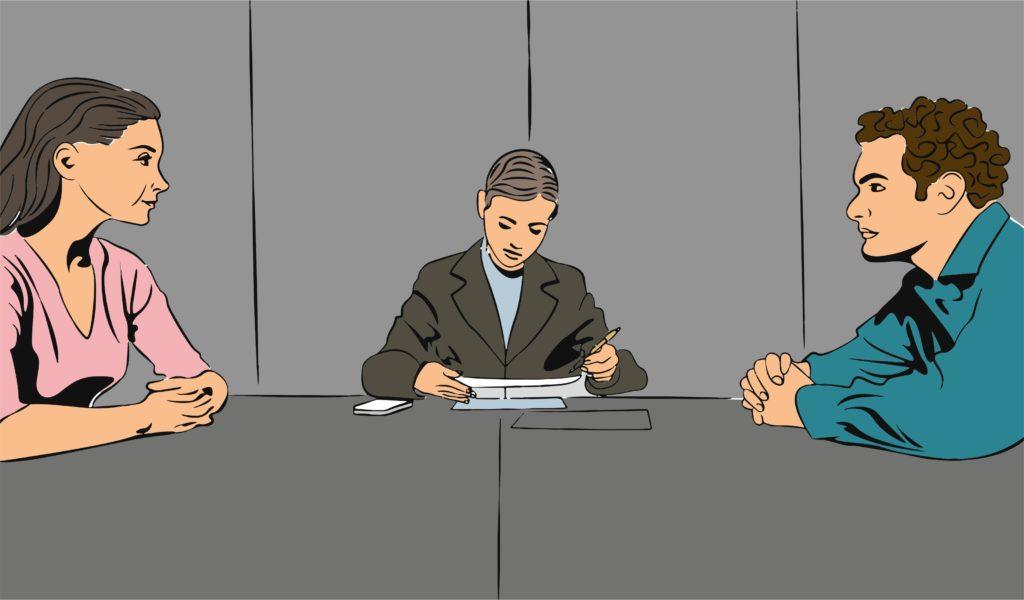In Talbot County, all divorces are handled by the Circuit Court. In 2020 of the 1231 cases filed in Talbot Circuit Court, 186 were divorces. Many divorcing couples use mediation. There are many benefits. The process is less adversarial than litigation, which reduces animosity. Couples work together with a mediator to work through dozens of questions in a constructive process that can help preserve a future working relationship. This is especially important if the couple have children. Mediation is much less emotionally harmful, and better overall, on children. They would much rather see their parents working together than be in conflict. In fact, mediation often teaches ways to communicate that can be used later when discussing parenting issues that are bound to come up. Divorce mediation is the most child-focused of all the divorce processes.
Mediation gives both parties more control over the decisions. They have more, and better, information than the court will ever have. And mediation offers more flexibility and creativity in finding solutions. This is more likely to create a more durable agreement.
The legal system moves slowly and can be expensive. A fairly complex divorce mediation might take five or six 2 hour sessions. The length depends, of course, on the issues to be resolved and the couples’ willingness to agree and compromise. The time required can be shortened by the parties agreeing ahead of time on issues, thereby reducing the number that need to be mediated. Homework and preparation will also insure the best outcome in each area being mediated. For example, coming to mediation with lists of assets, ownership, and values will move discussions along more quickly.
There are several major areas covered by divorce mediation to include marital property, financial assets, and parenting. The role of the mediator is to help work out agreements on these issues. This can take time and hard work. During the process the mediator helps to keep the lines of communication open, create ideas, and assist in making decisions. Mediators help keep the couple focused on the issues at hand. A divorce mediator is neutral and doesn’t represent either party.
Using a mediator in your divorce does not necessarily mean divorcing couples do not need legal advice and help. They generally do. There are often complex legal questions concerning property, retirement plans, alimony, and child support. However, the efficiency of mediation can provide attorneys with settlement instructions concerning many issues that have already been decided. Using mediation will not cause you to lose your right to litigate your divorce in front of a judge. Information shared during mediation will always remain confidential.
As you make joint decisions concerning the terms of your divorce, the mediator will draft a document called a Memorandum of Understanding. It will summarize, in detail, the results of the mediation.
Divorce mediation is the most flexible of divorce methods. It gives the couple control over the terms of the divorce by creating an agreement that meets, to the extent possible, each parties’ needs in a process that is civil, constructive, and forward looking.
Steve Forrer lives in Easton. He is formerly Dean and Vice Chancellor of University of Maryland Global Campus. He is currently a mediator for the Maryland District and Circuit Courts. Questions can be submitted at www.doncastermediation.com/contact for Steve to answer in this column. He also accepts private mediations.



Write a Letter to the Editor on this Article
We encourage readers to offer their point of view on this article by submitting the following form. Editing is sometimes necessary and is done at the discretion of the editorial staff.